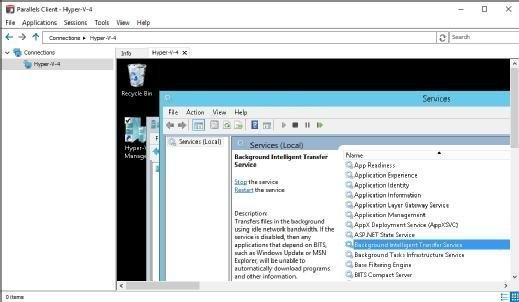


The recommendations also should influence future training for partner services Program priorities, and develop program policies. The recommendations should be used to help plan and manage prevention measures, target use of resources, establish To help program managers plan, implement, and evaluate partner services for infected persons and their partners. Infection at the state and local levels and were developed Services programs for HIV infection, syphilis, gonorrhea, and chlamydial These recommendations are intended for health department program managers responsible for overseeing partner Serve as a basis for delivery of partner services and related training and technical assistance. These updated, integrated recommendations Syphilis, gonorrhea, and chlamydial infection into a single set of recommendations. Guidelines for partner services for HIV infection, To reduce duplication and discrepancies, incorporate new information, andĪddress emerging challenges, this report integrates Through research and program experience, new technologies are available (e.g., rapid HIV tests), and new challenges haveĮmerged, such as finding sex partners via the Internet and determining the role of expedited partner therapyįor partners of patients with gonorrhea or chlamydial infection. In addition, new information has become available Guidance ( 1,2) have been confusing for providers of partner servicesįor human immunodeficiency virus (HIV) infection and three other sexually transmitted (STDs) for which partner servicesĪre often provided: syphilis, gonorrhea, and chlamydial infection. Prevention and the 1998 HIV Partner Counseling and Referral Services Inconsistencies in the partner services module of the CDC 2001 Public health programs an opportunity for collaboration to deliver comprehensive services to clients, improve program efficiency,Īnd maximize the positive effects on public health. STD and HIV partner services offer STD, HIV, and other Many persons at risk for these infections also are at risk for other infectious diseases, such as tuberculosisĪnd viral hepatitis, as well as various other health conditions. HIV should be tested for other types of STDs, and vice versa rates of coinfection with HIV and syphilis have been particularly Because coinfection with HIV and one or more other STDs is common, all persons with a diagnosis of These recommendations highlight the importance of program collaboration and service integration in the provision Use other strategies for the remainder (e.g., expedited partner therapy). Need to limit direct involvement in partner services for gonorrhea and chlamydial infection to selected high-priority cases and Gonorrhea or chlamydial infection also are suitable candidates for partner services however, resource limitations and the numerousĬases of these infections might preclude direct health department involvement in certain instances. Persons with a diagnosis of, or who are reported with, Receive partner services with active health department involvement. These services, CDC strongly recommends that all persons with newly diagnosed or reported HIV infection or early syphilis On the basis of evidence of effectiveness and cost-effectiveness of However, such servicesĪre underused among partners of persons with HIV infection. The value of partner services in the control of syphilis and gonorrhea is widely accepted. Planning groups, STD program advisory bodies, technical assistance providers, community-based organizations, and clinical The recommendations also might be beneficial for HIV prevention community Other STDs at the state and local levels. These recommendations are intended for health department program managers responsible for overseeing partner services programs for HIV infection and the three Services and the 1998 HIV Partner Counseling and Referral Services Guidance Program Operations Guidelines for STD Prevention-Partner Human immunodeficiency virus (HIV) infection and three other sexually transmitted diseases (STDs) (i.e., syphilis, gonorrhea,Īnd chlamydial infection) and replaces the CDC 2001 This report provides updated, integrated recommendations for services provided to partners of persons with NE, MS D-21, Atlanta, GA 30333 Telephone: Dooley, MD, National Center for HIV/AIDS, Viral Hepatitis, STD, and TB Prevention, CDC, 1600 Clifton Road, National Center for HIV/AIDS, Viral Hepatitis, STD, and TB PreventionĬorresponding preparer: Samuel W. Infection, Syphilis, Gonorrhea, and Chlamydial Infection Recommendations for Partner Services Programs for HIV For assistance, please send e-mail to: Type 508 Accommodation and the title of the report in the subject line of e-mail. Persons using assistive technology might not be able to fully access information in this file.


 0 kommentar(er)
0 kommentar(er)
